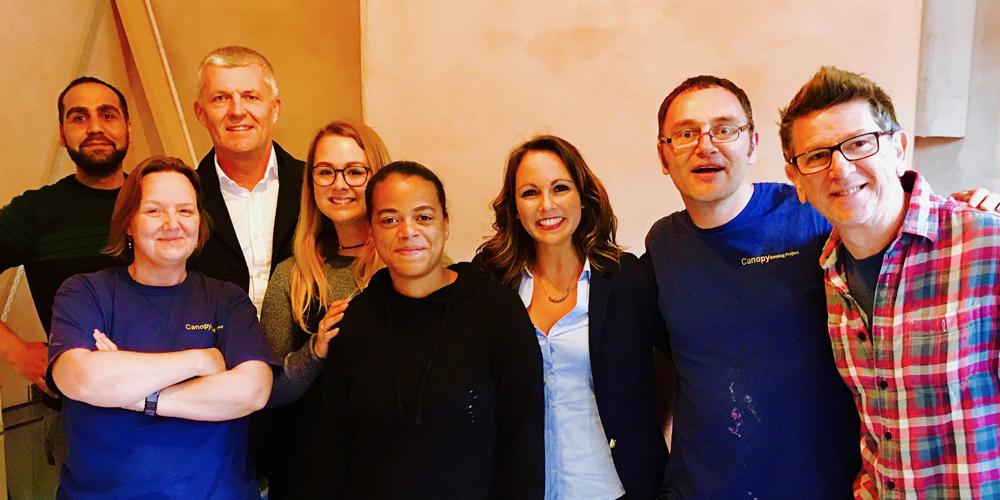It is a startling fact that young people in the UK are three times more likely to experience homelessness than the rest of the population, and are disproportionally impacted by job insecurity and poverty.
A recent study found that one in 13 people aged between 16 and 25 in the UK have experienced some form of homelessness within the last five years.
Thanks to charities like LandAid, we should see that statistic reduce year after year. From 2017 to 2018, 444 young people received accommodation thanks to LandAid. A further 2,561 young people were supported back into work through LandAid-funded projects. These are very impressive stats and are one of the reasons Palmer Capital has been a foundation partner for over five years now.
It is very easy to succumb to the London bubble and forget how much of a problem youth homelessness is. Each day, I commute to Mayfair from Milton Keynes. Each day I walk past two, three, or maybe four young kids at Milton Keynes station who are homeless. Having commuted for the past four years, this saddens me, as when I first started commuting there were no homeless at the station. I don’t know the stats and figures but it is evident just from my own journey the problem of youth homelessness is getting worse.
Last year, my colleague Andrew Duncan from Opus North (a Palmer Capital-backed company) and I had the pleasure of visiting a Canopy Housing project in Leeds.
Canopy Housing repurposes buildings in Leeds that make up some of the UK’s 205,000 empty properties and turns them into accommodation for young people facing homelessness. This particular home has been funded by the £30,000 Palmer Capital raised through our fundraising efforts last year. I cannot fully articulate how much this visit impacted us both. Seeing, first-hand, how the money we raised was assisting a young lady called Eva get off the street really brought it home for me. Eva had been ‘sofa surfing’ since the age of 11. I can’t even imagine how this lack of stability has affected her life. Everyone deserves a safe and permanent home.
Canopy’s self-help’ model involves the future tenants participating in painting and decorating, and choosing their own decor and furnishings, to create a place that feels like a home. The accommodation includes everything that a homeless young person needs to make a home: full furniture, floor coverings, curtains, appliances, pots and pans, crockery, cutlery and bedding.
I was asked to write this blog to describe why we decided to sponsor an empty property. Personally, it’s the fact that from the monies we raised, we can tangibly see how this has helped get a young person off the street. Having the ability to see with our own eyes the home in which a young person, like Eva, is going to live and now have the opportunity to turn her life around, is extremely rewarding.
Palmer Capital are not a large business – we have around 26 staff at the Palmer Capital HQ in London with a further 60 people across the eight regional property companies we back. The reason why I make this point, is the fact as an industry the larger organisations need to step up. If a company of our size, with limited resources, can raise over £30,000 every year for LandAid then there is no excuse for those companies.
I feel privileged to be part of such a proactive and innovative charity. Anyone looking to get involved should consider sponsoring a home, something you can truly see the impact of and meet the people who will benefit from your fundraising efforts.
Emma Murray
Business Development Director
Palmer Capital

